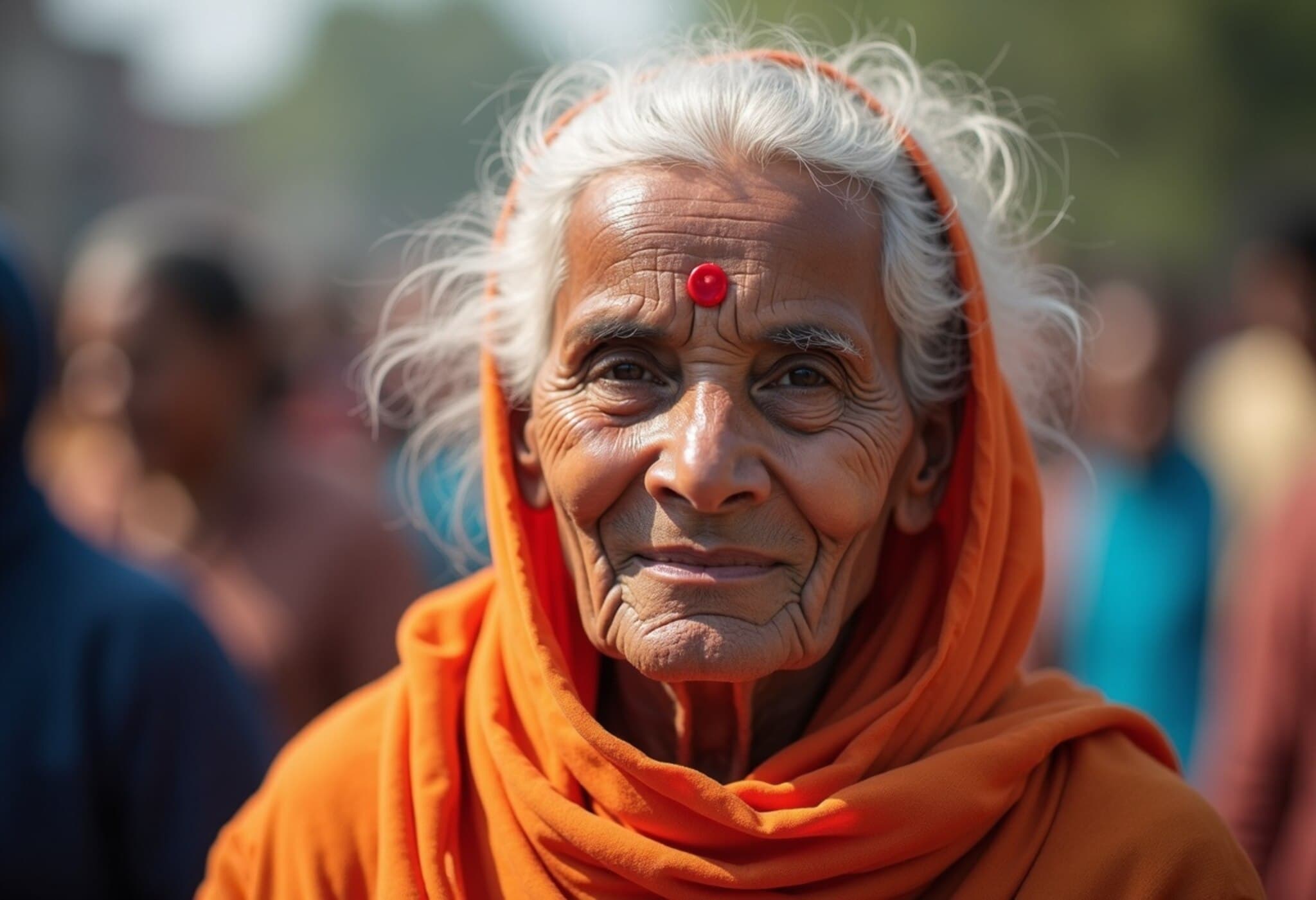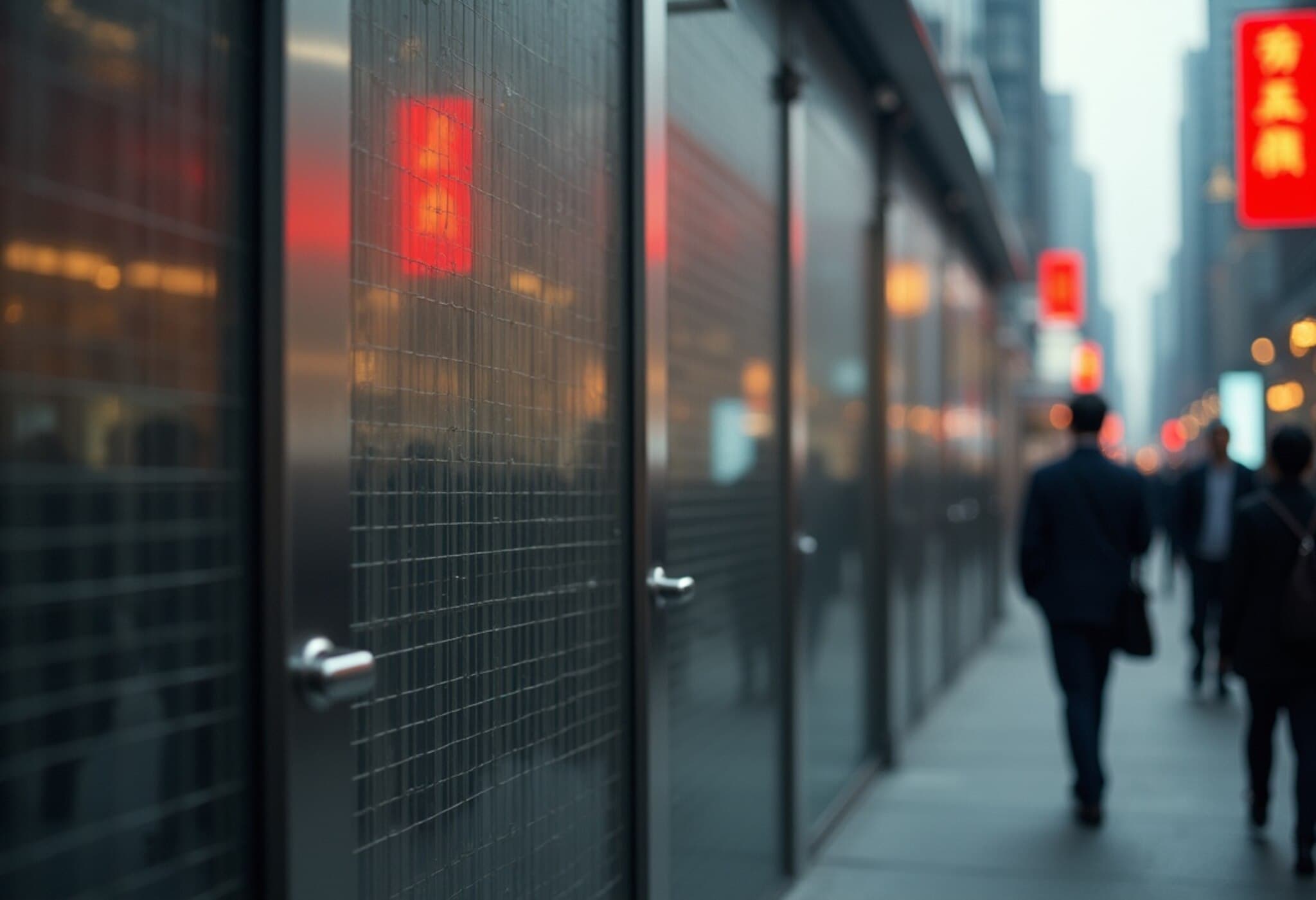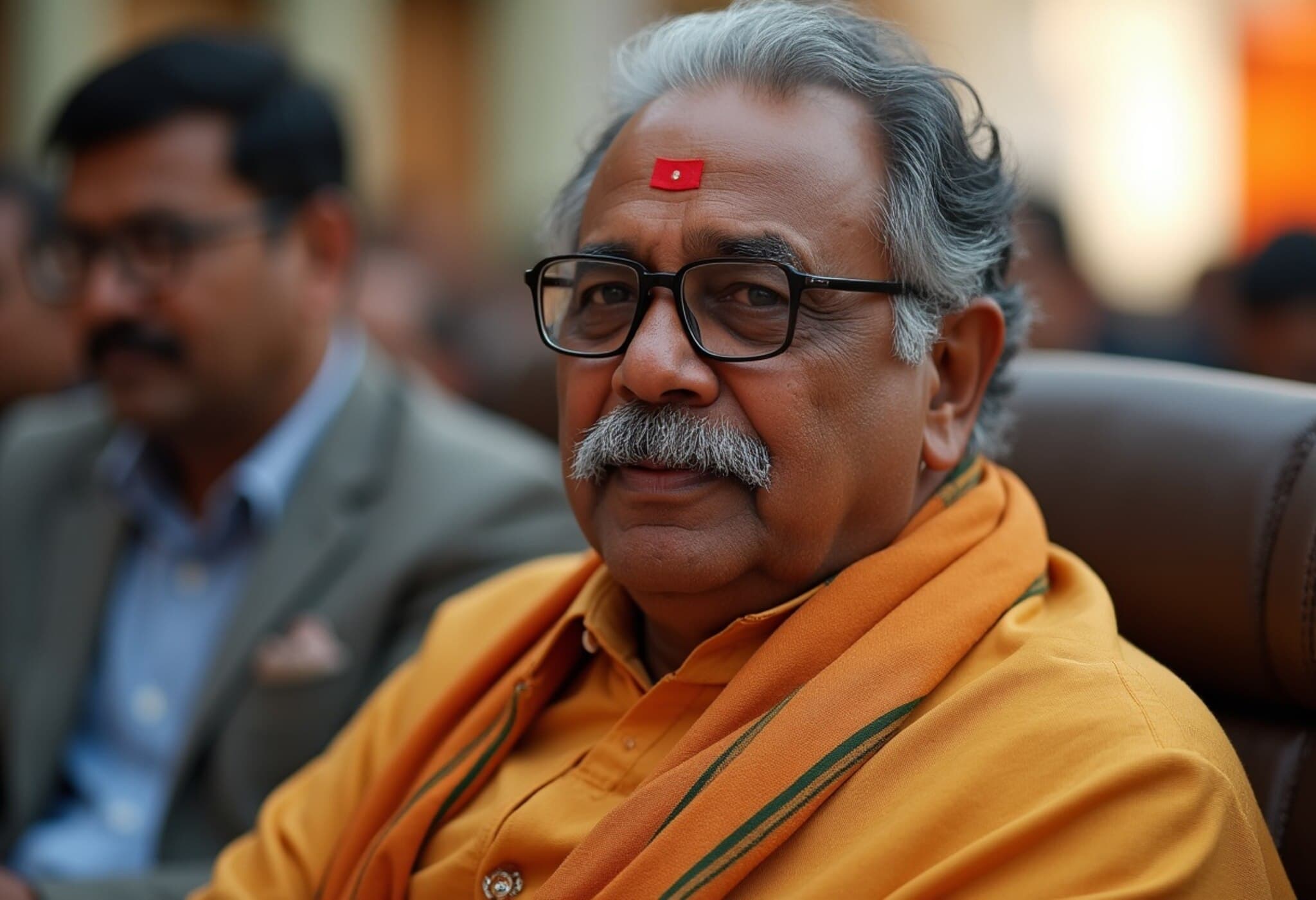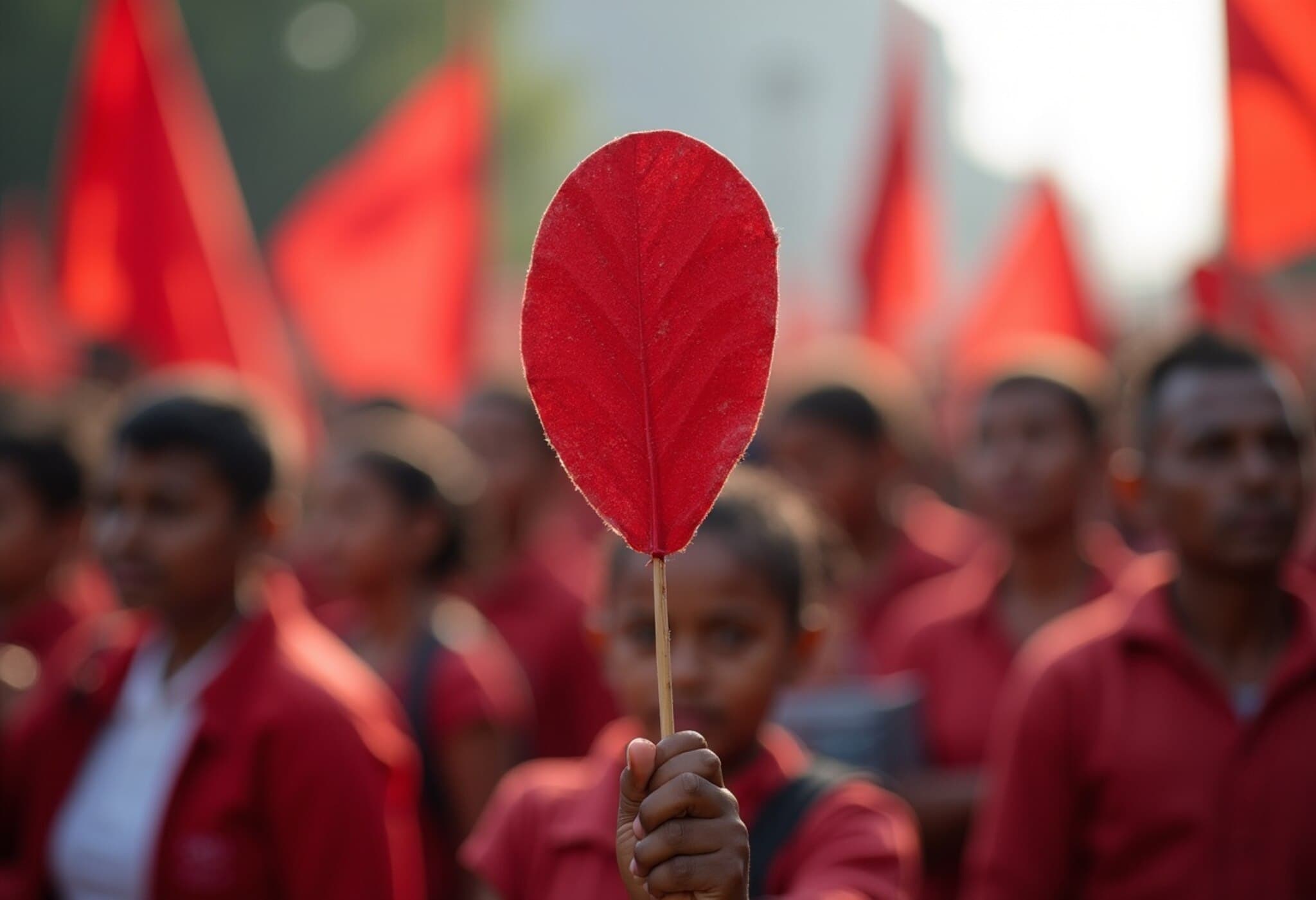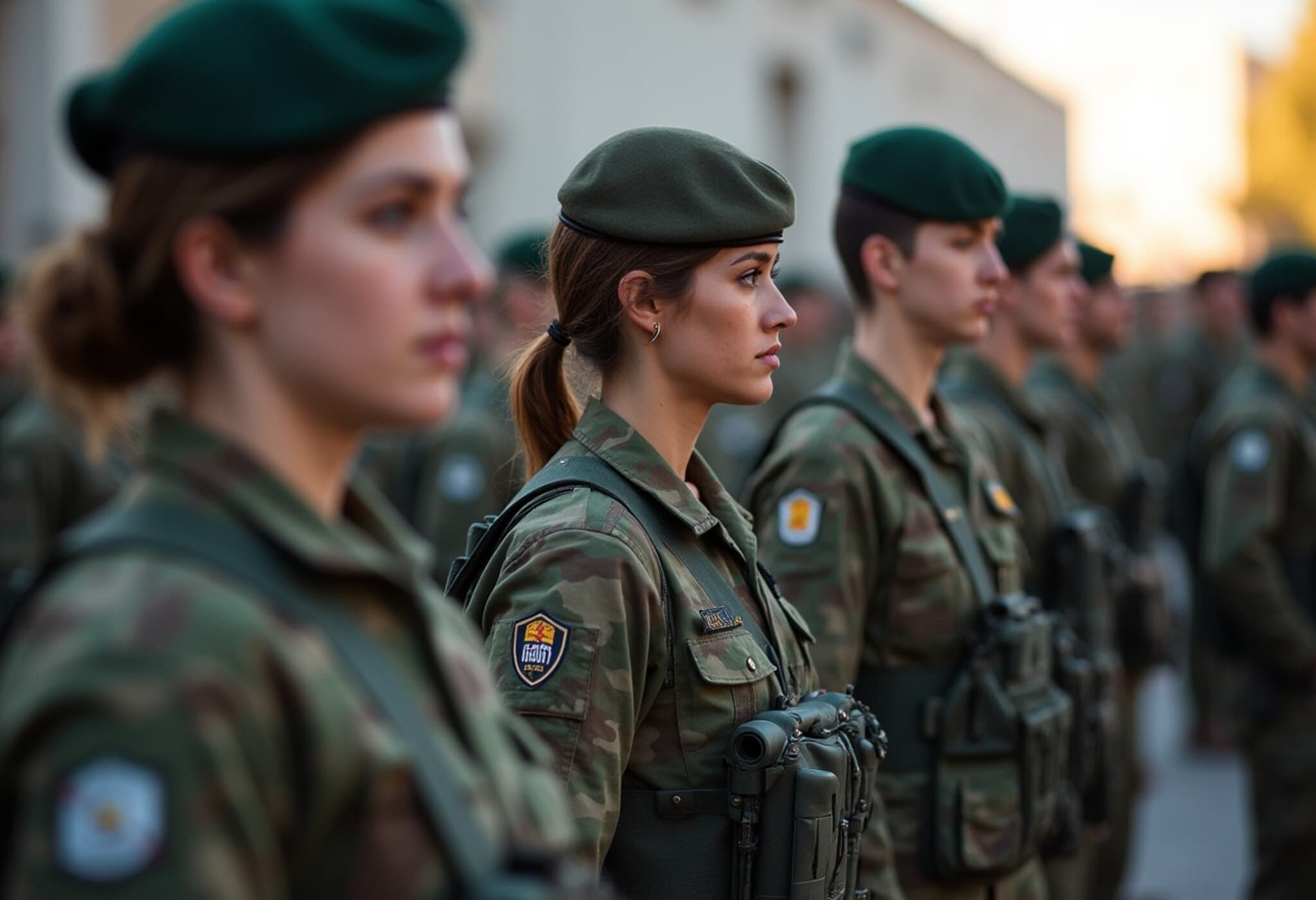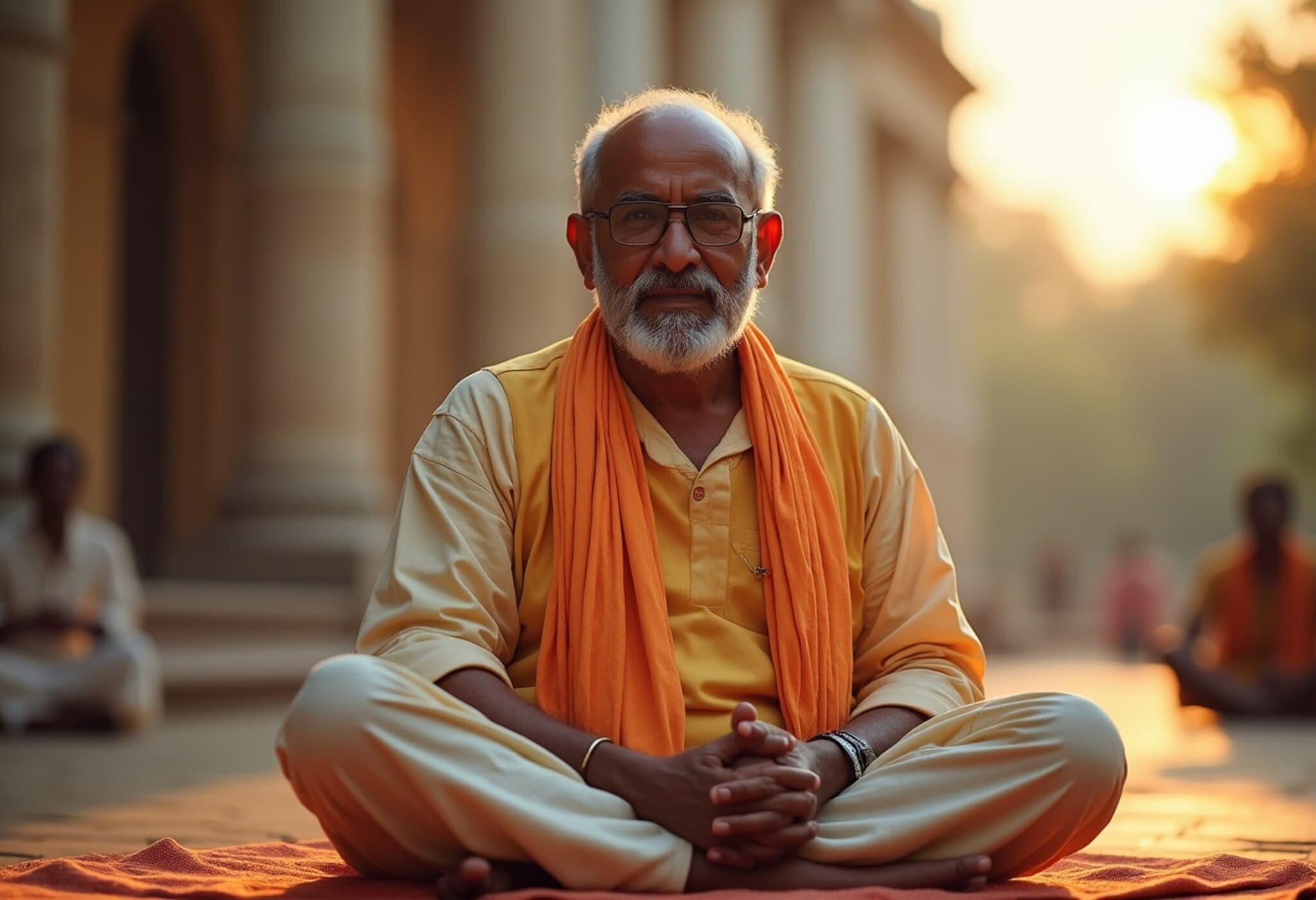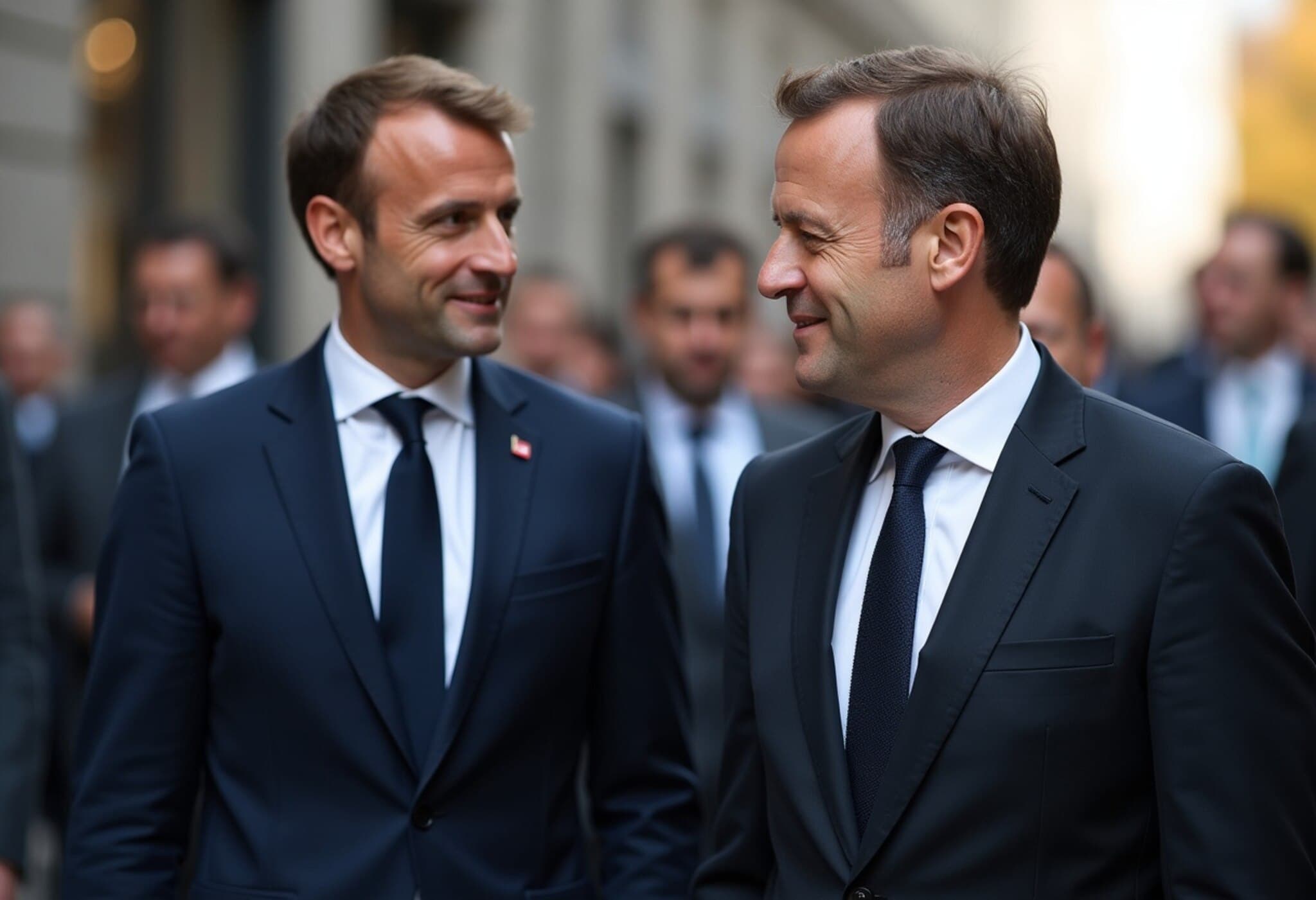A Beacon of Inclusion Targeted by Hate in Berlin
In one of Berlin’s most vibrant neighborhoods, Danjel Zarte opened Das Hoven, a café intended to be a sanctuary — a welcoming place where members of the LGBTQ+ community and their allies could gather safely. Proudly illuminated outside the venue is a glowing neon sign proclaiming “QUEER AND FRIENDS.” Yet, instead of simply shining as a symbol of acceptance, this sign has increasingly become a magnet for hostility.
Rising Violence Casts a Shadow Over Berlin’s Queer Spaces
Over the past eighteen months, Das Hoven has endured a distressing campaign of intimidation. Vandals have smashed windows, defaced walls with swastikas and even smeared feces — unsettling displays of hatred against the café and its staff. One night, the fear escalated dramatically when a man brandishing a firearm stood menacingly outside the premises. “It feels like an act of terror,” Danjel confided in an interview, reflecting the deep psychological toll.
Each dawn brings fresh anxiety. Danjel wakes up fearing another incident, another barrage of threats. To date, there are no fewer than 45 ongoing criminal cases relating to attacks against the café.
Germany’s Uneasy Reality: A Surge in Anti-LGBTQ+ Hate Crimes
Das Hoven’s experience is far from isolated. Across Germany, statistics reveal a troubling surge in violence against the LGBTQ+ community. Last year alone, 40% more attacks were recorded in 12 of the country’s 16 states, according to the Association of Counseling Centers for Victims of Right-Wing, Racist, and Antisemitic Violence. Berlin, traditionally a beacon of queer culture and freedom, is no exception.
Yet these figures likely understate the true scale, as many victims hesitate to come forward, wary of further discrimination or retribution.
The Political Climate and the Far-Right Resurgence
The rise of far-right parties such as the Alternative for Germany (AfD) compounds this unsettling trend. Despite having an openly lesbian co-leader, Alice Weidel, the AfD maintains a platform hostile to LGBTQ+ rights — advocating for the rollback of same-sex marriage and a strict, traditionalist family model centered on a heterosexual couple and children.
Simultaneously, neo-Nazi groups have become emboldened, staging aggressive marches and rallies, predominantly among young men motivated by intolerance and aggression.
Voices from the Frontline: Activists Speak Out
Bastian Finke, director of MANEO, a Berlin-based organization that monitors anti-gay violence, paints a grim picture: “Simply by existing, you expose yourself to a very high risk of attack or harassment — insults, physical assaults, even being spat on are part of everyday reality.”
Such dangers weigh heavily on Berlin’s LGBTQ+ citizens, muting the city’s vibrant spirit with an undercurrent of fear.
Pride Amidst Pain: The Complex Reality of Christopher Street Day
Berlin’s annual Christopher Street Day parade, one of Europe’s most prominent Pride celebrations, captures this complex dynamic. While bursting with joy and unity, the event is tinged with a sober reminder of the violence lurking outside its colorful tents and exuberant floats.
For Danjel, the parade remains a fleeting balm, a moment when he feels truly embraced by his community and city. “It is deeply moving to feel completely accepted once a year,” he shared, underscoring how even small victories of visibility and inclusion matter immensely in these fraught times.
Looking Forward: Protecting Safe Spaces in a Divided Society
Das Hoven’s story urges a broader conversation about safeguarding queer spaces and combating intolerance in modern Germany. It raises urgent questions: How can authorities better protect vulnerable communities? What role should society play in fostering genuine inclusion? And how can political discourse be steered away from divisive rhetoric that endangers minorities?
Expert Insight
From an American legal perspective, this scenario echoes ongoing debates about hate crime legislation and First Amendment protections — balancing free speech with measures to prevent targeted harassment and violence. Enhanced law enforcement training, community outreach, and robust hate crime reporting systems remain critical tools worldwide.
Editor's Note
The surge in anti-LGBTQ+ violence in Berlin and across Germany is more than isolated incidents of vandalism or hate speech — it signals a societal fracture that demands urgent, nuanced responses. While safe spaces like Das Hoven shine lights of solidarity, the persistent threats highlight the precariousness of these havens. Readers are invited to reflect on their role in fostering empathy, vigilance, and advocacy to uphold fundamental human dignity in their own communities.


